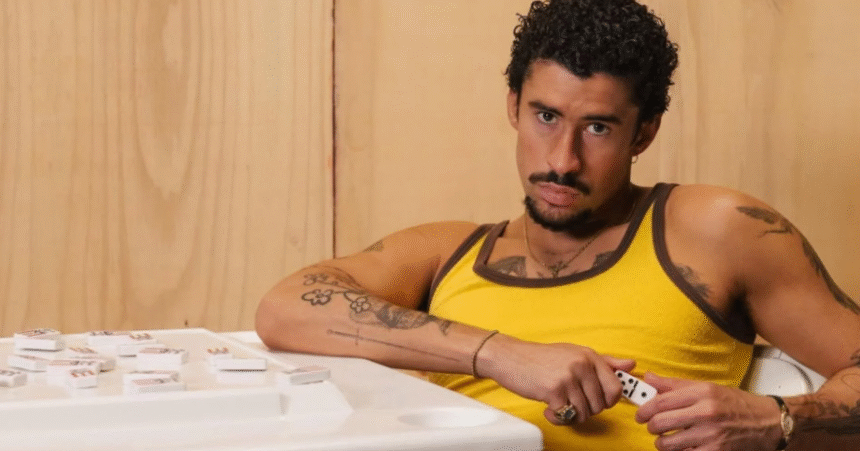In China, reggaeton is not only danced, it is also studied. What started as a musical taste has become a curious educational tool: More and more college students are learning Spanish through the lyrics of artists like Bad Bunny, J Balvin, and Daddy Yankee.
According to a report by NBC News, young Chinese turn to videos on social networks and streaming platforms such as NetEase Cloud Music (NECM) to translate and understand reggaeton songs. Some accounts dedicated to translating these lyrics have accumulated up to 2 million views.
Faced with the scarcity of formal educational materials to learn Spanish compared to the abundant resources available for English, many young Chinese are choosing to consume free music content online.
A recent study by the Universitat Pompeu Fabra (UPF) in Barcelona reveals that the number of Chinese students enrolled in its translation and language science classes has increased by 37% in the last five years.
Published in the journal Language and Intercultural Communication, the study explains that amateur translators collaborate with Latin music fans at NECM to tailor content to the Chinese audience. These translators employ various “intercultural mediation strategies” that help explain cultural and idiomatic references specific to Spanish, many of which have no direct equivalent in Chinese.
However, reggaeton must also face the strict regulations of the Chinese government. As with TikTok, many words and phrases — especially those with sexual content, common in reggaeton lyrics — are censored on Chinese social networks.
Despite the challenges, Latin urban music is sparking a growing interest in Hispanic culture in China. At UPF alone, the number of Chinese students has increased by almost a third in the last five years, reaching 275 students.
Thus, what began as a musical phenomenon has evolved into an unexpected educational tool: reggaeton, with its provocative lyrics and contagious rhythms, is becoming a gateway to learning Spanish for thousands of young people in the Asian giant.











